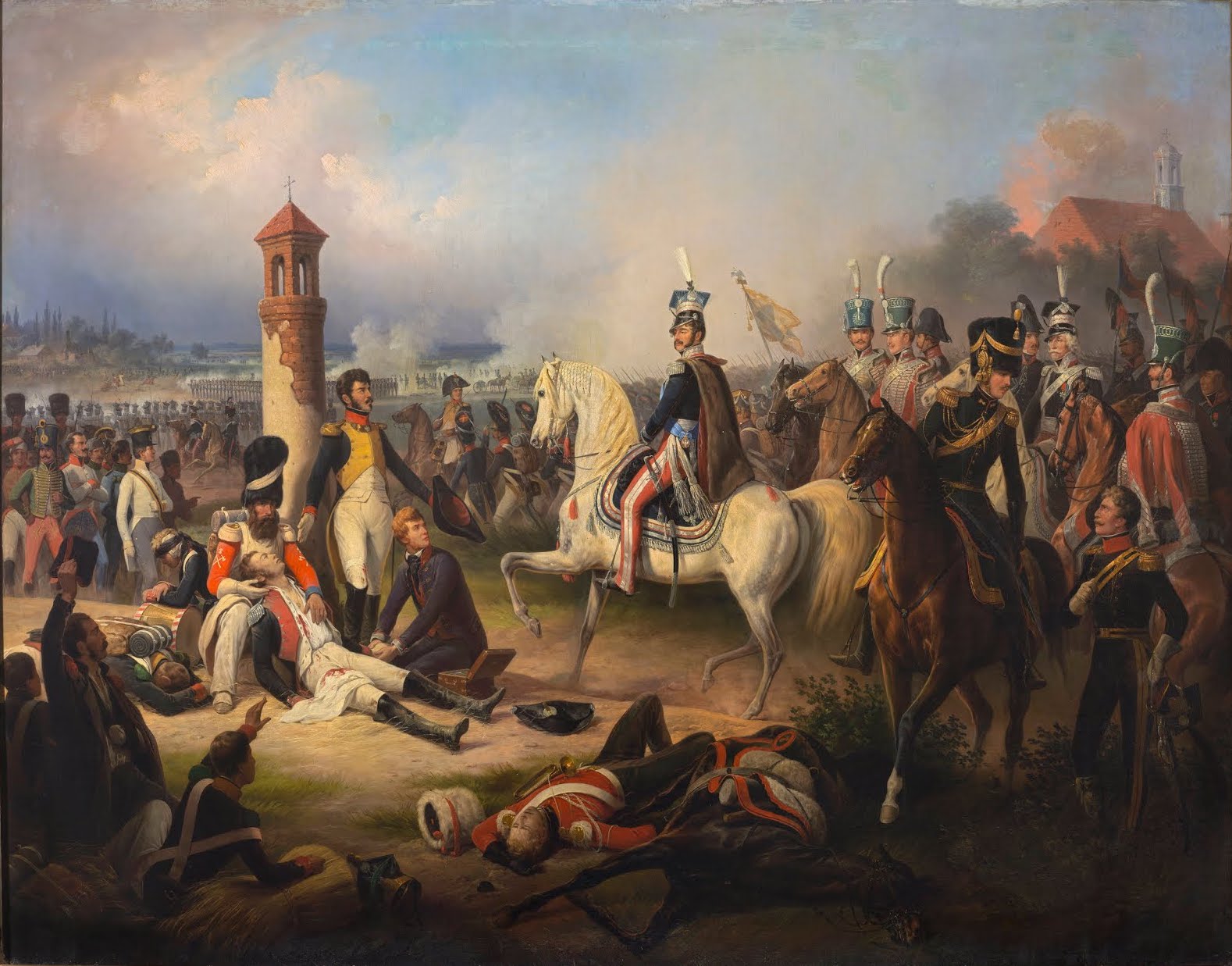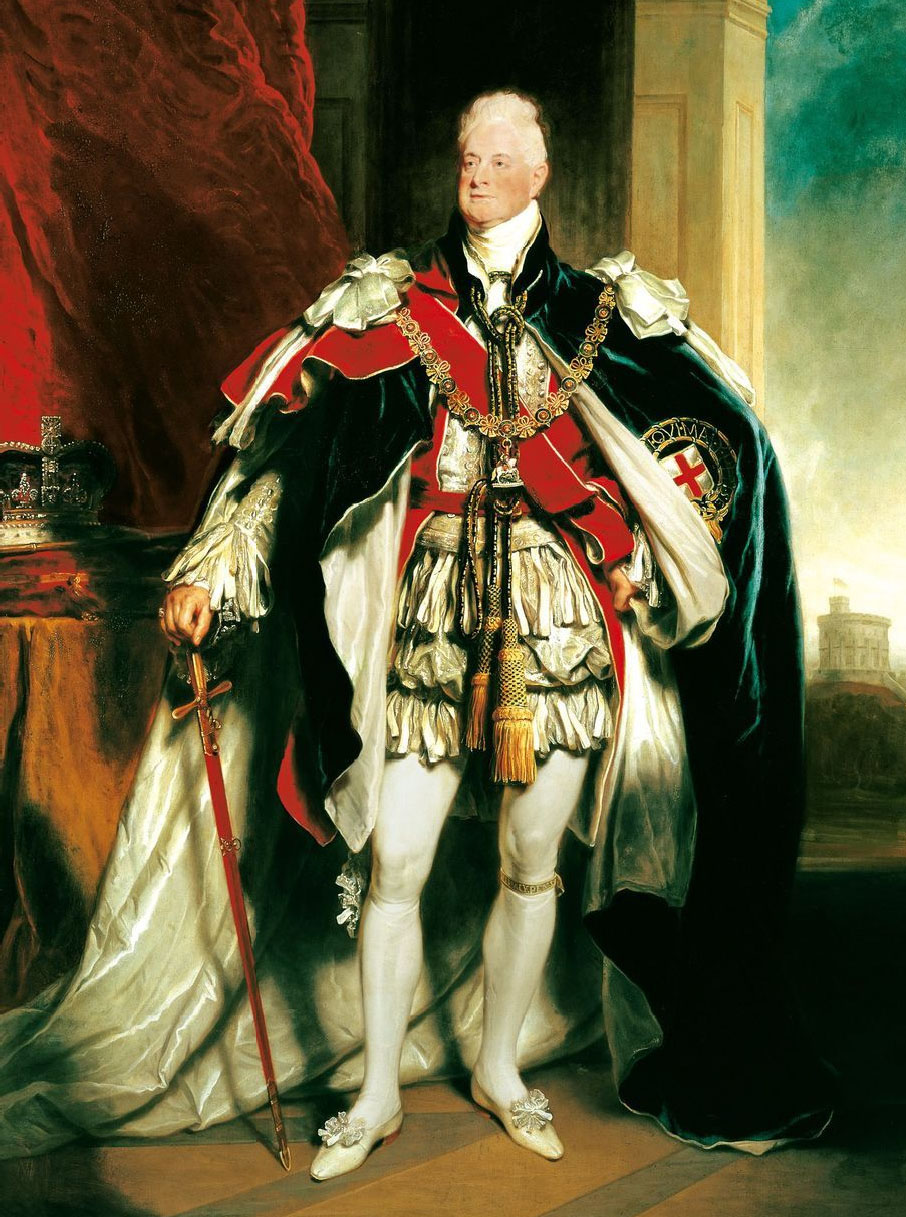|
Cyprian Godebski (poet)
Cyprian Godebski (1765 – 19 April 1809) was a Polish poet, novelist and father of writer Franciszek Ksawery Godebski, Franciszek Ksawery. He was an outstanding poet of the so-called "Legions Poetry". Life Godebski served in the Polish Legions (Napoleonic period), Polish Legions from 1798 until 1801. From 1803 to 1806 he became, together with Ksawery Kossecki, publisher and editor of the "Zabawy Przyjemne i Pozyteczne" almanac. From 1805 he was a member of the Friends of Science Society. In 1806 Godebski joined the Polish Army of the Duchy of Warsaw; he had become disillusioned with the policy of Napoleon towards Poland. He died in the Battle of Raszyn (1809), Battle of Raszyn in 1809. References 1765 births 1809 deaths Polish male poets 18th-century Pol ...[...More Info...] [...Related Items...] OR: [Wikipedia] [Google] [Baidu] |
Battle Of Raszyn (1809)
The first Battle of Raszyn was fought on 19 April 1809 between armies of the Austrian Empire under Archduke Ferdinand Karl Joseph of Austria-Este and the Duchy of Warsaw under Józef Antoni Poniatowski, as part of the War of the Fifth Coalition in the Napoleonic Wars. The battle was not decisive, but it did result in the Austrians obtaining their goal by capturing the Polish capital Warsaw. Battle The battlefield's terrain is dominated by several villages and by the river Utrata, which during the April thaw is usually unfordable. The only way to cross the river is at the ponds of Raszyn, Dawidy or Michalowice, which were all under Polish control. After a preparatory cannonade starting at 14:00, the Austrian infantry attacked the Polish screening forces around 15:00. The Poles gradually yielded terrain. Austrian attempts to outflank the Polish position near Jaworowo were unsuccessful. After the village of Falenty was captured at 16:00 Poniatowski launched a counterattack which ... [...More Info...] [...Related Items...] OR: [Wikipedia] [Google] [Baidu] |
1809 Deaths
Events January–March * January 5 – The Treaty of the Dardanelles, between the United Kingdom of Great Britain and Ireland and the Ottoman Empire, is concluded. * January 10 – Peninsular War – French Marshal Jean Lannes begins the Siege of Zaragoza. * January 14 – The Apodaca–Canning treaty is signed in London between Britain and Spain * January 16 – Peninsular War – Battle of Corunna in Galicia (Spain): The British (under General Sir John Moore, who is killed) resist an attempt by the French (under Marshal Soult) to prevent them embarking. * February 3 – The Illinois Territory is created from the western part of the Indiana Territory. * February 11 – Robert Fulton patents the steamboat in the United States. * February 12 – Charles Darwin and Abraham Lincoln are born. * February 17 – Miami University (Ohio) is established (by Act of February 2) on the township of land required to be set aside for ... [...More Info...] [...Related Items...] OR: [Wikipedia] [Google] [Baidu] |
Military Personnel Killed In The Napoleonic Wars
A military, also known collectively as armed forces, is a heavily armed, highly organized force primarily intended for warfare. Militaries are typically authorized and maintained by a sovereign state, with their members identifiable by a distinct military uniform. They may consist of one or more military branches such as an army, navy, air force, space force, marines, or coast guard. The main task of a military is usually defined as defence of their state and its interests against external armed threats. In broad usage, the terms "armed forces" and "military" are often synonymous, although in technical usage a distinction is sometimes made in which a country's armed forces may include other paramilitary forces such as armed police. Beyond warfare, the military may be employed in additional sanctioned and non-sanctioned functions within the state, including internal security threats, crowd control, promotion of political agendas, emergency services and reconstruction, ... [...More Info...] [...Related Items...] OR: [Wikipedia] [Google] [Baidu] |
Polish Military Personnel Killed In Action
Polish may refer to: * Anything from or related to Poland, a country in Europe * Polish language * Polish people, people from Poland or of Polish descent * Polish chicken * Polish brothers (Mark Polish and Michael Polish, born 1970), American twin screenwriters * Kevin Polish, an American Paralympian archer Polish may refer to: * Polishing, the process of creating a smooth and shiny surface by rubbing or chemical action ** French polishing, polishing wood to a high gloss finish * Nail polish * Shoe polish * Polish (screenwriting), improving a script in smaller ways than in a rewrite See also * * * Polishchuk (surname) * Polonaise (other) A polonaise ()) is a stately dance of Polish origin or a piece of music for this dance. Polonaise may also refer to: * Polonaises (Chopin), compositions by Frédéric Chopin ** Polonaise in A-flat major, Op. 53 (, ''Heroic Polonaise''; ) * Polon ... {{Disambiguation, surname Language and nationality disambiguation pages ... [...More Info...] [...Related Items...] OR: [Wikipedia] [Google] [Baidu] |
19th-century Polish Novelists
The 19th century began on 1 January 1801 (represented by the Roman numerals MDCCCI), and ended on 31 December 1900 (MCM). It was the 9th century of the 2nd millennium. It was characterized by vast social upheaval. Slavery was Abolitionism, abolished in much of Europe and the Americas. The First Industrial Revolution, though it began in the late 18th century, expanded beyond its British homeland for the first time during the 19th century, particularly remaking the economies and societies of the Low Countries, France, the Rhineland, Northern Italy, and the Northeastern United States. A few decades later, the Second Industrial Revolution led to ever more massive urbanization and much higher levels of productivity, profit, and prosperity, a pattern that continued into the 20th century. The Catholic Church, in response to the growing influence and power of modernism, secularism and materialism, formed the First Vatican Council in the late 19th century to deal with such problems an ... [...More Info...] [...Related Items...] OR: [Wikipedia] [Google] [Baidu] |
18th-century Polish–Lithuanian Novelists
The 18th century lasted from 1 January 1701 (represented by the Roman numerals MDCCI) to 31 December 1800 (MDCCC). During the 18th century, elements of Enlightenment thinking culminated in the Atlantic Revolutions. Revolutions began to challenge the legitimacy of monarchical and aristocratic power structures. The Industrial Revolution began mid-century, leading to radical changes in human society and the environment. The European colonization of the Americas and other parts of the world intensified and associated mass migrations of people grew in size as part of the Age of Sail. During the century, slave trading expanded across the shores of the Atlantic Ocean, while declining in Russia and China. Western historians have occasionally defined the 18th century otherwise for the purposes of their work. For example, the "short" 18th century may be defined as 1715–1789, denoting the period of time between the death of Louis XIV of France and the start of the French Revolut ... [...More Info...] [...Related Items...] OR: [Wikipedia] [Google] [Baidu] |
Polish Male Poets
Polish may refer to: * Anything from or related to Poland, a country in Europe * Polish language * Polish people, people from Poland or of Polish descent * Polish chicken * Polish brothers (Mark Polish and Michael Polish, born 1970), American twin screenwriters * Kevin Polish, an American Paralympian archer Polish may refer to: * Polishing, the process of creating a smooth and shiny surface by rubbing or chemical action ** French polishing, polishing wood to a high gloss finish * Nail polish * Shoe polish * Polish (screenwriting), improving a script in smaller ways than in a rewrite See also * * * Polishchuk (surname) * Polonaise (other) A polonaise ()) is a stately dance of Polish origin or a piece of music for this dance. Polonaise may also refer to: * Polonaises (Chopin), compositions by Frédéric Chopin ** Polonaise in A-flat major, Op. 53 (, ''Heroic Polonaise''; ) * Polon ... {{Disambiguation, surname Language and nationality disambiguation pages ... [...More Info...] [...Related Items...] OR: [Wikipedia] [Google] [Baidu] |
1765 Births
Events January–March * January 23 – Prince Joseph of Austria marries Princess Maria Josepha of Bavaria in Vienna. * January 29 – One week before his death, Mir Jafar, who had been enthroned as the Nawab of Bengal and ruler of the Bengali people with the support and protection of the British East India Company, abdicates in favor of his 18-year-old son, Najmuddin Ali Khan. * February 8 **Frederick the Great, the King of Prussia, issues a decree abolishing the historic punishments against unmarried women in Germany for "sex crimes", particularly the ''Hurenstrafen'' (literally "whore shaming") practices of public humiliation. ** Isaac Barré, a member of the British House of Commons for Wycombe and a veteran of the French and Indian War in the British American colonies, coins the term "Sons of Liberty" in a rebuttal to Charles Townshend's derisive description of the American colonists during the introduction of the proposed Stamp Act. Barré notes tha ... [...More Info...] [...Related Items...] OR: [Wikipedia] [Google] [Baidu] |



